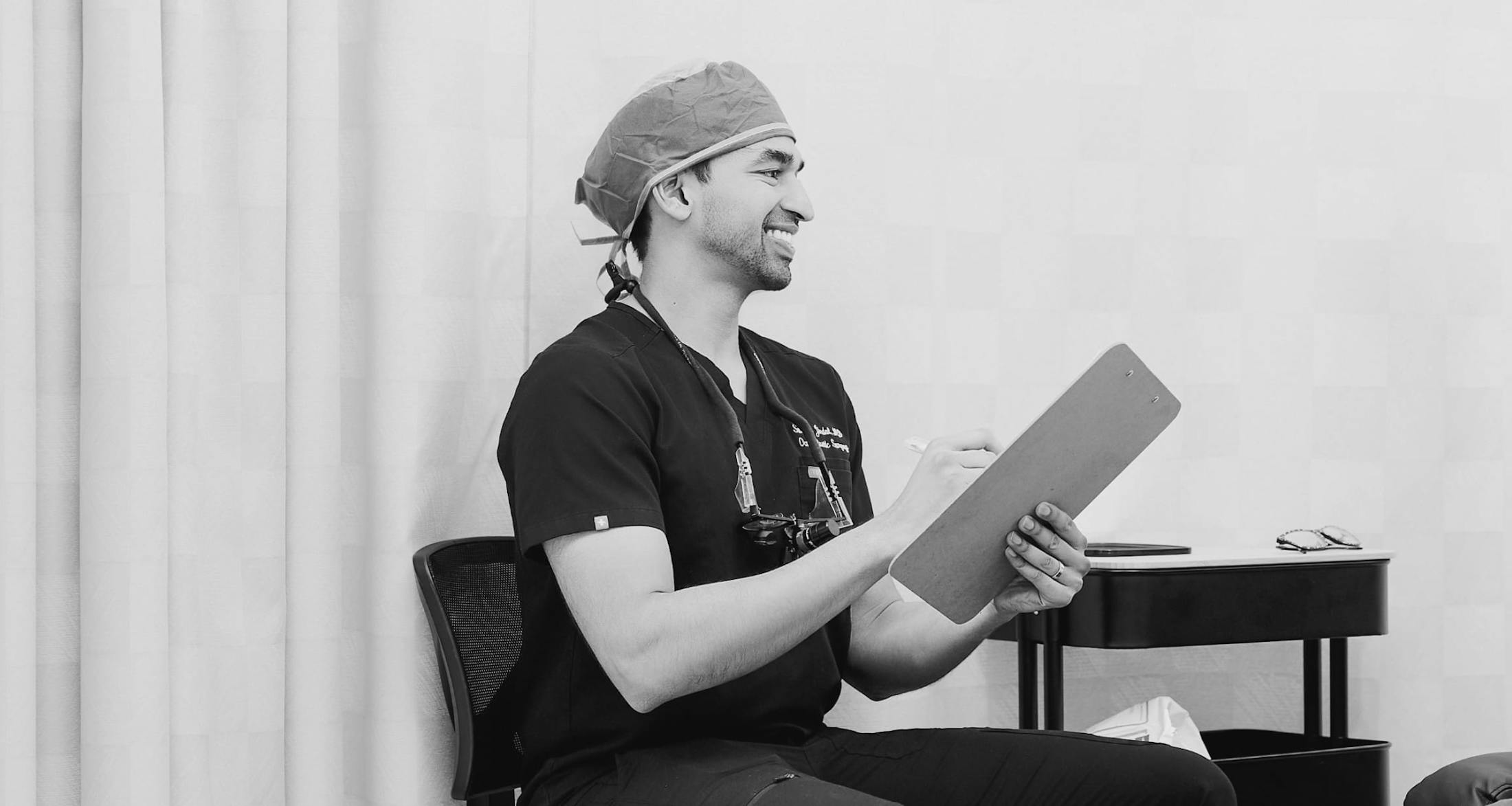22
Feb

January Newsletter: How Your Ophthalmologist Can Diagnose Retinitis Pigmentosa
How Your Ophthalmologist Can Diagnose Retinitis Pigmentosa Loss of peripheral (side) vision and night vision are early symptoms of retinitis pigmentosa (RP), although other eye disorders and conditions can also cause these issues. During a visit to the ophthalmology office, your ...
View More22
Feb

December Newsletter: Does Dehydration Affect Your Eye Health?
Does Dehydration Affect Your Eye Health? Wondering why your eyes feel dry and irritated when you're dehydrated? Fluid loss can cause a variety of uncomfortable symptoms, ranging from dizziness to blurred vision. Why Is Dehydration So Dangerous? Dehydration occurs when you lose m...
View More22
Feb

November Newsletter: The Link Between Dry Eyes and Lupus
The Link Between Dry Eyes and Lupus Are your eyes dry and itchy? If you have lupus, it could be the reason why your eyes are dry and uncomfortable. Whether dry eye symptoms only happen during flare-ups or occur consistently, treating your symptoms will keep your eyes moist and pr...
View More22
Feb

October Newsletter: The Benefits of PRK Eye Surgery
The Benefits of PRK Eye Surgery Wondering if photorefractive keratectomy (PRK) is the ideal way to permanently sharpen your vision? PRK, the first type of laser refractive surgery to win approval from the US Food and Drug Administration, can help you improve your eyesight if you'...
View More22
Feb
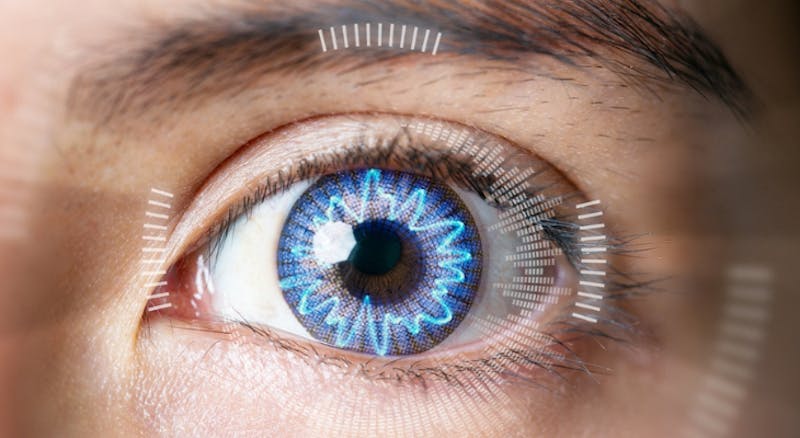
September Newsletter: LASIK vs LASEK: What Is the Difference?
LASIK vs LASEK: What's the Difference? It's easy to confuse LASIK and LASEK. After all, the two types of refractive eye surgery are pronounced nearly the same way. Despite the similar names, LASIK and LASEK offer different approaches to improving your vision. Wondering which refr...
View More22
Feb

August Newsletter: The Do's and Don'ts After Glaucoma Surgery
The Do's and Don'ts After Glaucoma Surgery If glaucoma surgery is on your calendar, you're probably wondering what you can and can't do after your procedure. Following these do's and don'ts will help ensure that you experience a smooth recovery. DO Use Your Eye Shield Eye shields...
View More22
Feb

July Newsletter: Are Glasses Still Necessary After Cataract Surgery?
Are Glasses Still Necessary After Cataract Surgery? Are you wondering if you can throw away your glasses after your cataract surgery? The answer depends on the type of intraocular lens (IOL) you choose. What Are IOLs? Cataracts cloud the clear, disc-shaped lenses inside your eyes...
View More22
Feb

June Newsletter: Top Three Benefits of LASIK Surgery
The Top 3 Benefits of LASIK Surgery Laser-assisted in situ keratomileusis (LASIK) surgery corrects your vision permanently, whether you're nearsighted, farsighted, or have astigmatism. Laser eye surgery is an excellent option for adults who no longer want to wear eyeglasses or co...
View More22
Feb

May Newsletter: Living with Low Vision: What Can Be Done
Living with Low Vision? Here's How to Make the Most of Your Vision Low vision makes everyday tasks like cooking or using a computer much more challenging. Although the changes to your vision may be permanent, low vision aids can help you do many of the things low vision makes dif...
View More22
Feb
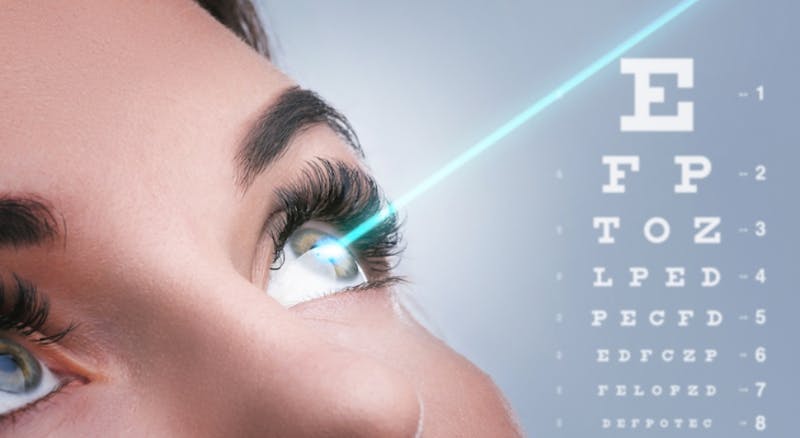
April Newsletter: Refractive Eye Surgery Options Beyond LASIK
Refractive Eye Surgery Options Beyond LASIK Wish you could get rid of your eyeglasses or contact lenses, but laser-assisted in situ keratomileusis (LASIK) surgery isn't an option? Several other types of refractive eye surgery can also permanently improve your vision, including th...
View More22
Feb
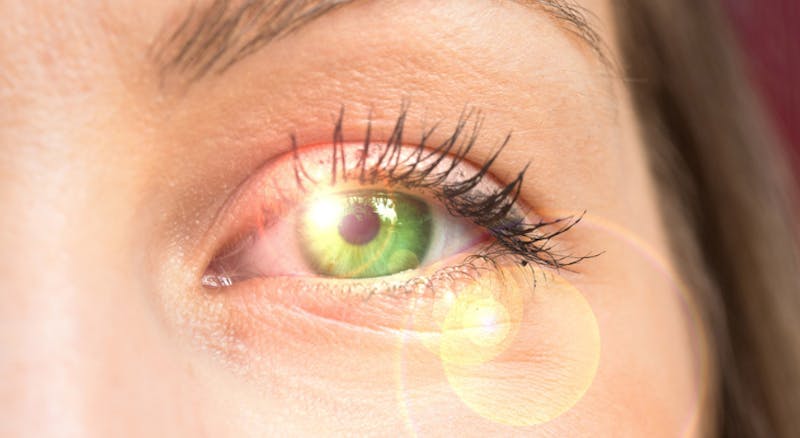
March Newsletter: Symptoms of Retinal Vein Occlusion
Symptoms of Retinal Vein Occlusion Retinal vein occlusion (RVO), a condition caused by a blockage in a vein in your eye, could damage your vision unless prompt treatment is received. Understanding the signs and symptoms of this condition will help you spot signs of trouble and pr...
View More22
Feb
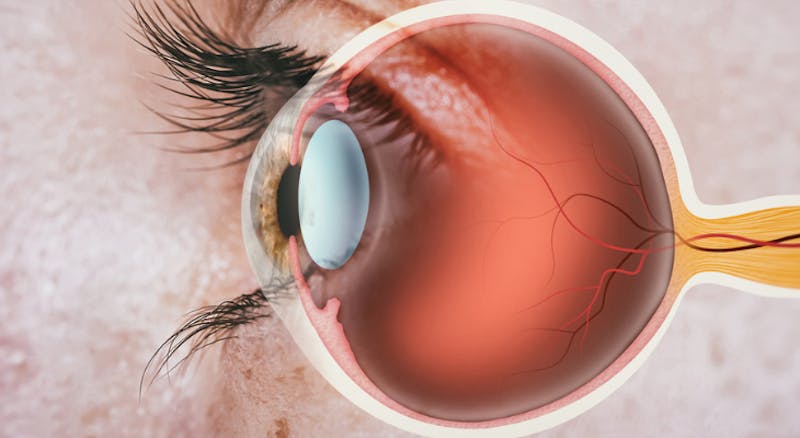
February Newsletter: Eating Disorders Can Increase a Person's Risk for Diabetic Retinopathy
An Eating Disorder Could Increase Your Risk of Diabetic Retinopathy Heart, brain, and digestive system problems aren't the only possible health consequences of eating disorders. If you have diabetes, your disorder may put you at risk for developing diabetic retinopathy, a serious...
View More

